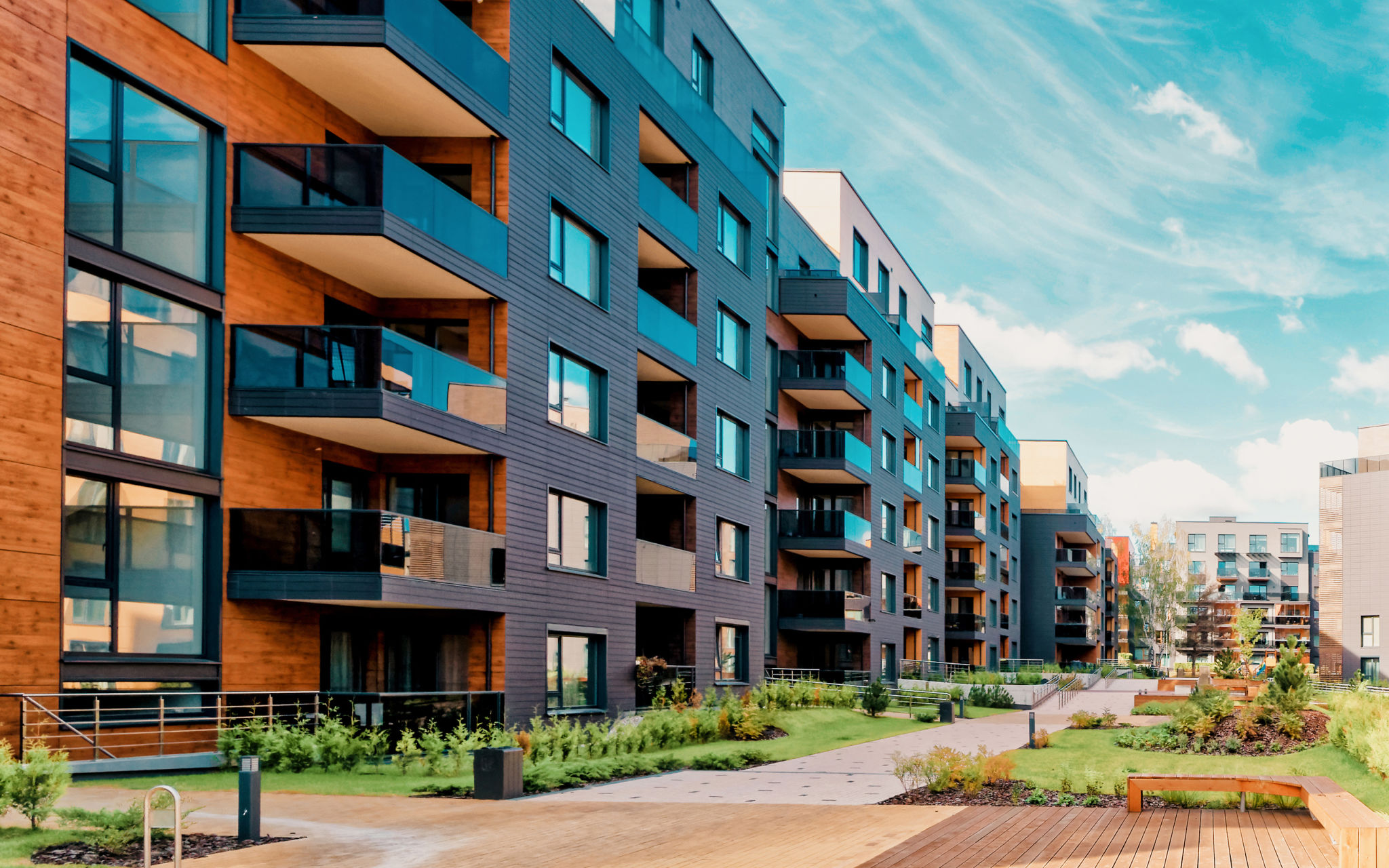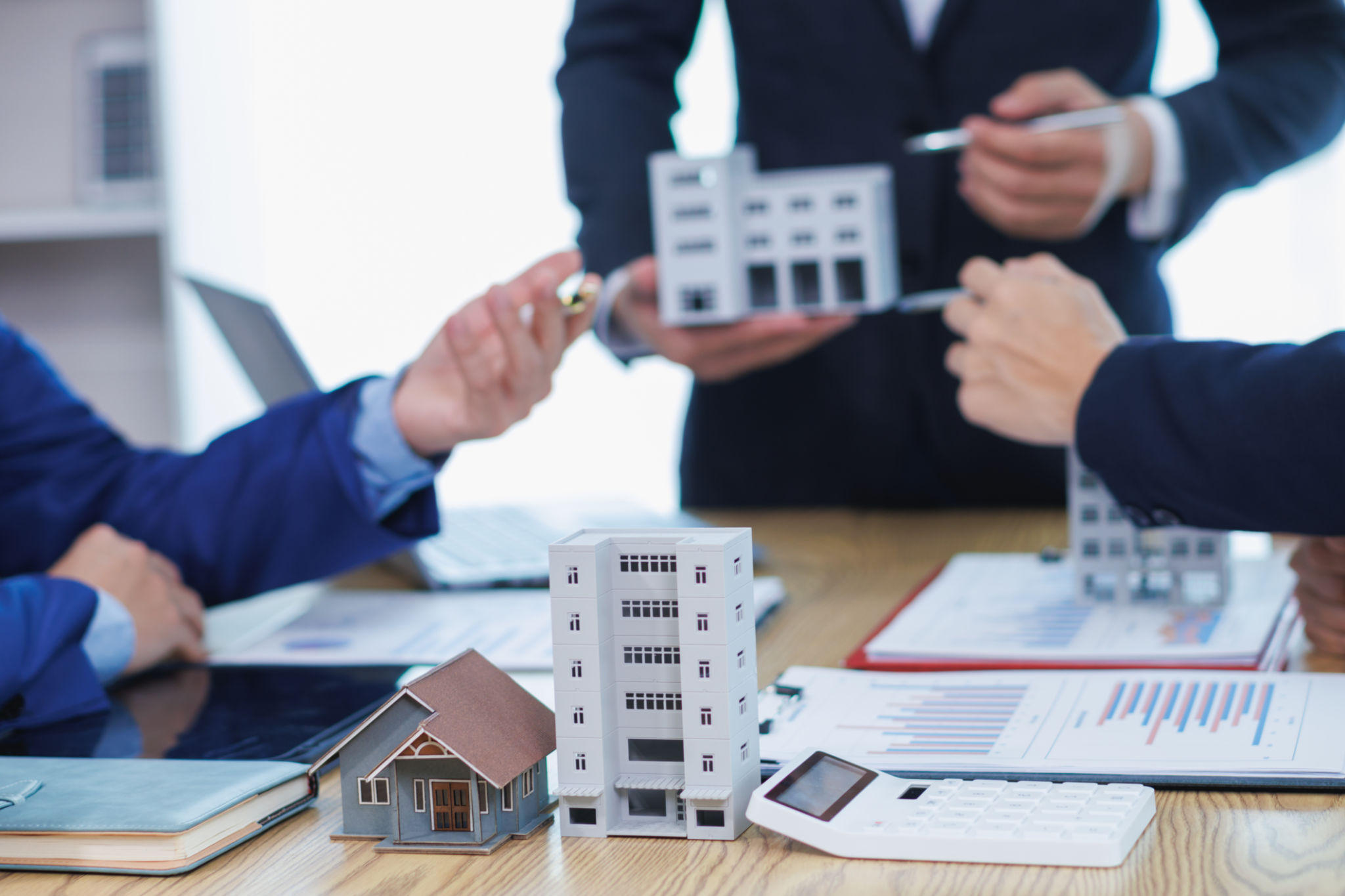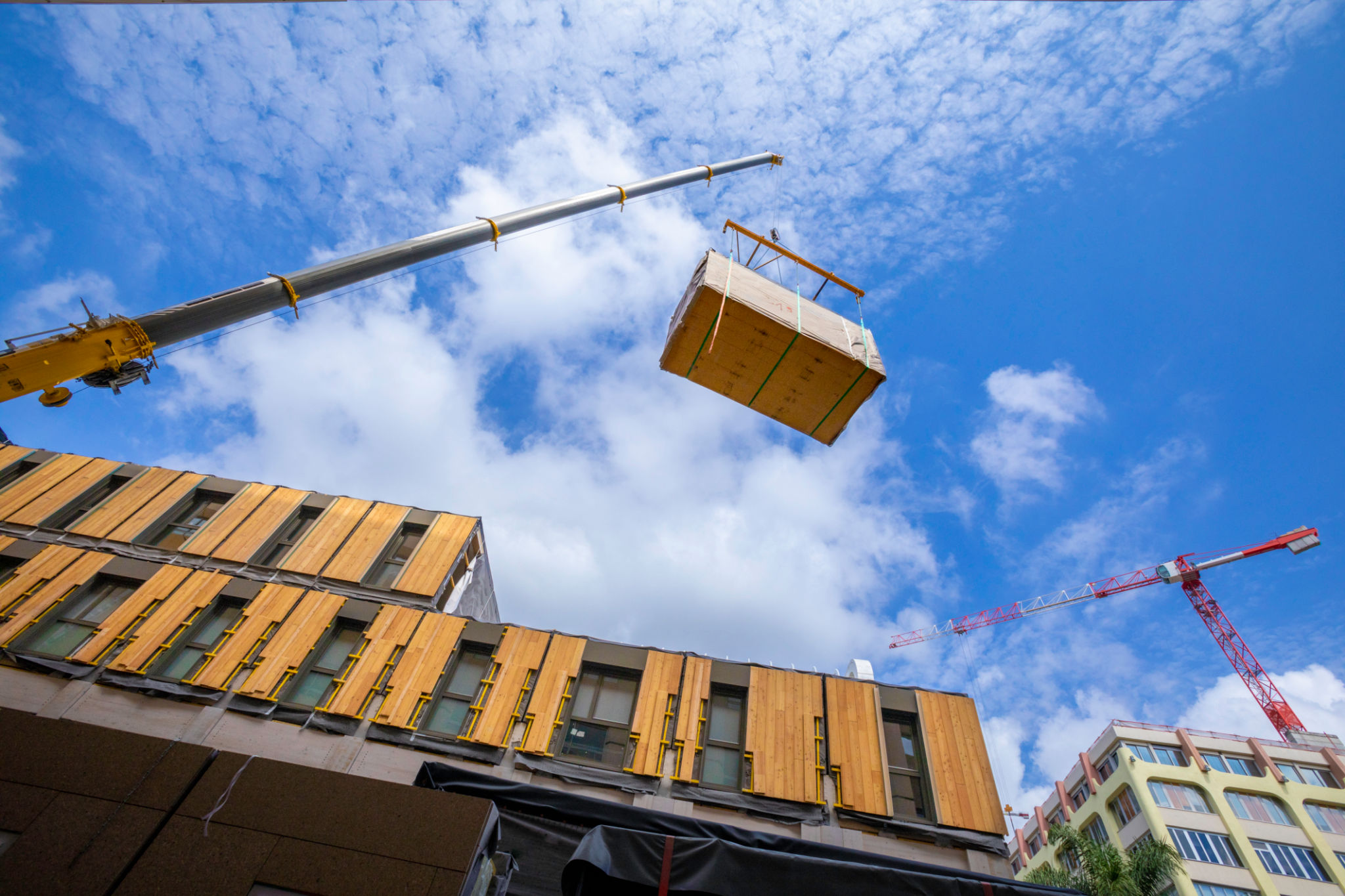The Ultimate Guide to Real Estate Development: From Concept to Completion
EC
Understanding Real Estate Development
Real estate development is the process of creating new properties or improving existing ones to increase their value. It involves a series of steps that take a project from a mere idea to a tangible, finished asset. Whether you're an aspiring developer or curious about the intricacies of the industry, understanding the fundamental stages is crucial.
Development projects can range from residential homes to commercial buildings and infrastructure. Each type of project has its unique challenges and opportunities. By grasping these nuances, developers can make informed decisions that lead to successful outcomes.

The Planning Phase
Market Research and Feasibility
The first step in real estate development is conducting comprehensive market research. This involves analyzing current market trends, demographics, and economic factors to identify opportunities. A well-executed feasibility study examines the viability of the project, considering factors such as cost, potential revenue, and legal constraints.
Site Selection and Acquisition
Once the feasibility of a project is confirmed, selecting the right site is paramount. Developers must evaluate location advantages, zoning laws, and environmental impacts. Securing land through purchase or lease agreements follows, setting the foundation for the subsequent stages.

Design and Approval
Conceptual Design and Architectural Planning
With a site in hand, the design phase begins. Collaborating with architects and planners, developers create detailed blueprints that reflect the project's vision. This stage involves creativity and precision, balancing aesthetics with functionality.
Regulatory Approvals and Permits
Before construction can commence, developers must navigate a maze of regulatory requirements. This includes obtaining necessary permits and approvals from local authorities. Compliance with building codes and environmental regulations is essential to avoid costly delays.

Construction and Development
Project Management and Execution
With approvals secured, the construction phase kicks off. Effective project management ensures that timelines are met, budgets are adhered to, and quality standards are maintained. Coordinating with contractors, suppliers, and laborers is vital to keep the project on track.
Sustainability and Innovation
Modern real estate development increasingly emphasizes sustainability. Incorporating energy-efficient technologies and eco-friendly materials not only benefits the environment but also enhances the property's appeal. Staying abreast of innovative construction methods can give developers a competitive edge.

Marketing and Sales
As construction nears completion, marketing efforts ramp up. Developing a robust marketing strategy involves creating branding materials, targeting potential buyers or tenants, and leveraging digital platforms for outreach. A successful sales strategy converts interest into transactions.
Post-Completion Considerations
Once a project is completed, developers must manage any remaining obligations. This may include addressing minor repairs or adjustments based on client feedback. Additionally, evaluating the project's performance provides valuable insights for future developments.
Real estate development is a complex but rewarding endeavor. By understanding each stage—from concept to completion—developers can navigate challenges effectively and turn visions into reality.